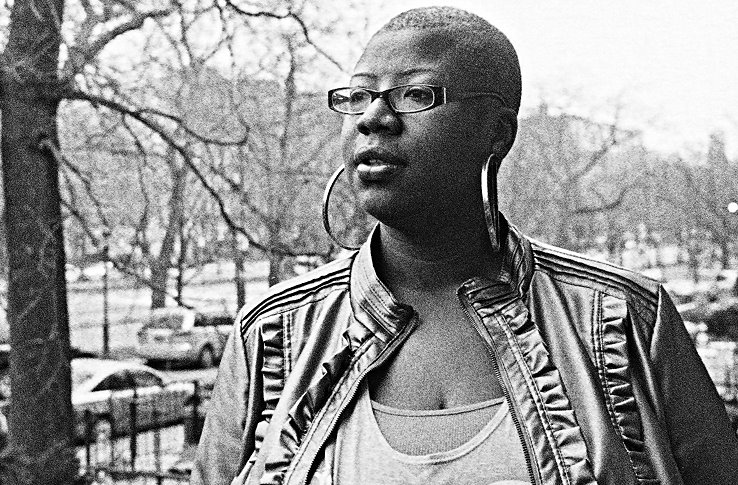Ph.D. Student Launches Black Girl Project
Believing in yourself is essential to personal freedom. That is why Aiesha Turman, a Union Institute & University Ph.D. student with a major in Humanities & Culture, created The Black Girl Project, a documentary film featuring black girls telling their stories in their own words. Her goal is to transform individuals and communities through inter-and intra-generational dialogue.
“Too many black girls see themselves as the stereotypical images portrayed in the media. The media often portrays black women and girls as saintly which strip them of any other character attribute except that of martyr/mammy, or demonized and used as the fall gal to explain away all that is wrong with the black community and society-at-large. It is important to hear and see black girls speak their truths,” said Turman.
The Black Girl Project has evolved into a grassroots organization using various art platforms to continue the goal of personal freedom.
Her ground-breaking work recently earned her a fellowship from Culture Push, a New York City arts organization that strives to push the boundaries of conventional thinking. Turman is using her fellowship to engage New York City’s black women and girls to examine issues of sex/uality, gender, identity, community, and place-making. The project incorporates a range of artistic modalities including literature/poetry, performance, visual art, and digital media.
Dr. Anu M. Mitra, chair of Turman’s Union Institute & University Ph.D. program committee, explains how Turman’s work complements Union’s commitment to students to reflect their awareness of the social implications of their studies.
“Aiesha has masterfully synthesized and integrated arts-based learning with issues of equity and justice as it pertains to African American youth in communities in New York. Her Black Girls Project provides creative and equitable opportunities to youth so that they are competitive, aware, and giving individuals in a community that they intentionally create,” said Dr. Mitra. “Aiesha is a brilliant, aware, and highly creative individual whose purpose lies in creating access to all. She does this through narrative story-telling, mbongi circles, and other artistic practices that serve to show the inter-relationship among people, rather than highlighting their differences.”
With belief in herself and her art form, Turman continues her quest to provide a safe place for black women and girls to free themselves of stereotypical images.
